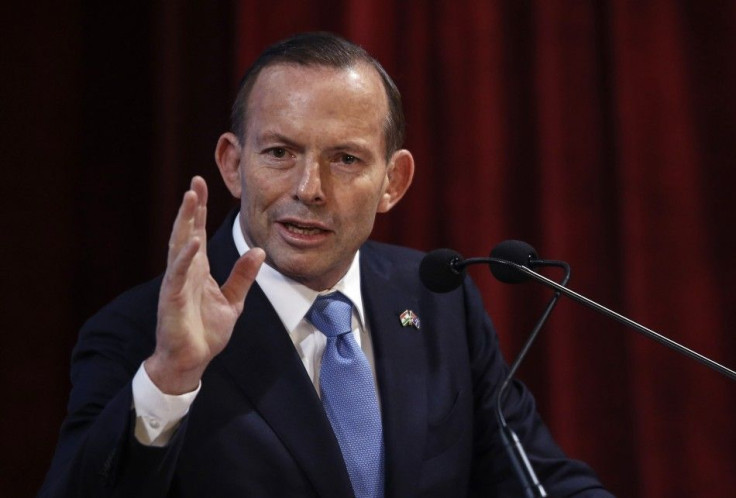Australia’s FTA With China May Be Signed In November: Agri, Coal Sectors To Gain

After almost a decade-long negotiation, the Australia-China free trade agreement, or FTA, is finally entering the takeoff stage. The trade deal may be signed in November when the Chinese president visits Australia for the G20 Summit in Brisbane.
The deadlocked talks had a sudden momentum after China came up with a surprise decision to slap tariffs on Australian coal. China has proposed a 3 percent tariff on coking coal imports and 6 percent on lower grade thermal coal that will take effect starting Oct. 15. This is to bolster its domestic coal industry. Australian coal producers are worried about this decision as China is their second biggest market. Prime Minister Tony Abbott also made clear the value of FTA at this juncture and said "it must be secured in the next few months."
Referring to the coal tariff, Abbot said it was a "hiccup in an important trading relationship." That urgency is hastening the urge to seal the deal quickly.
Focus On Agriculture
The Australian negotiators for the FTA are Trade and Investment Minister Andrew Robb and chief negotiator Jan Adams. The FTA is expected to enhance opportunities for Australia in terms of slashed tariffs and higher exports of agricultural produce to China. Farm leaders and Agriculture Minister Barnaby Joyce are hopeful of the impressive returns from the FTA for clean, green food and fibre markets, Stock Journal reports.
The lack of progress in FTA in the past 9 years had frustrated Australia as China was reluctant to offer concessions for Australia's agricultural products. That led to rumours that the Australian Prime Minister wanted to walk away from the deal, Business Insider reports. In the early phase of the discussions, there were reports in Sydney Morning Herald about the Australian government's hardline stand on getting equal treatment as with New Zealand. Now Australia has applied a double focus with fair deal in both agriculture and coal by way of an FTA.
Negoatiations have softened China's initial lukewarm response to widen the access for Australia's beef, lamb, dairy, horticulture, wine and other farm products in the same level it treats New Zealand. Beijing has also declared that the FTA with Australia is of high priority.
Positive Change
Now the scenario has changed. Though the surprise introduction of coal tariff may be a potential blow for Australian producers, their competitive advantage can be regained by embedding suitable mechanisms in the FTA, even if it might require a matching concession from the Australian side, noted the Australian.




















